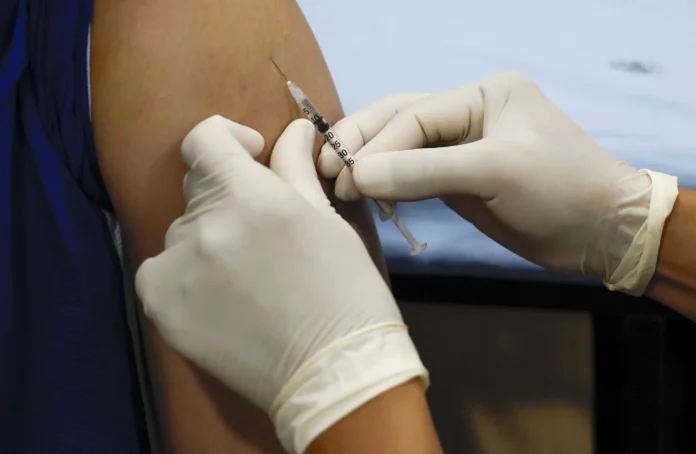Mpox, also known as monkeypox, has been a reality in Africa for decades. This viral disease, first identified in the Democratic Republic of Congo in 1970, has caused outbreaks in several African countries over the years. Despite its prevalence, the continent still lacks access to vaccines, highlighting stark inequities in global distribution as wealthier nations prioritize vaccinating their own populations.
Monkeypox is a rare but potentially serious disease, with symptoms similar to smallpox. It is primarily spread through contact with infected animals or humans, and can also be transmitted through respiratory droplets. While it is not as deadly as smallpox, it can still cause severe illness and even death in some cases.
In recent years, there have been several outbreaks of monkeypox in African countries such as Nigeria, Central African Republic, and the Democratic Republic of Congo. These outbreaks have highlighted the need for effective prevention and control measures, including access to vaccines.
Unfortunately, the reality is that many African countries do not have access to these vaccines. This is due to a combination of factors, including limited resources, inadequate healthcare systems, and the high cost of vaccines. As a result, many people in Africa are left vulnerable to this preventable disease.
The inequities in global vaccine distribution are evident as wealthier nations prioritize vaccinating their own populations, leaving little supply for developing countries. This has been especially evident during the COVID-19 pandemic, where developed countries have secured large quantities of vaccines while many African countries struggle to obtain enough doses for their populations.
This disparity in access to vaccines is a clear example of the global health inequities that exist. It is a stark reminder that while we may all be facing the same pandemic, we are not all in the same boat. The lack of access to vaccines in Africa not only puts the continent at risk, but it also hinders efforts to control the spread of the virus globally.
But there is hope. The recent announcement of the COVAX initiative, a global effort to ensure equitable access to COVID-19 vaccines, is a step in the right direction. Through this initiative, African countries will have access to vaccines at a lower cost, helping to bridge the gap in global vaccine distribution.
In addition to the COVAX initiative, there are also efforts being made to develop a monkeypox vaccine specifically for African countries. This would not only help prevent future outbreaks of the disease but also provide much-needed protection for those living in areas where monkeypox is endemic.
It is also important to address the underlying issues that contribute to the lack of access to vaccines in Africa. This includes investing in healthcare systems and infrastructure, as well as addressing poverty and inequality. By addressing these issues, we can help ensure that all people, regardless of their location or socioeconomic status, have access to life-saving vaccines.
Furthermore, it is crucial for wealthier nations to recognize their responsibility in addressing global health inequities. This includes not only providing financial support for initiatives like COVAX but also sharing resources and knowledge to help build stronger healthcare systems in developing countries.
In conclusion, the lack of access to vaccines in Africa is a pressing issue that needs to be addressed. It is a clear example of the inequities that exist in global health and the urgent need for action. By working together and prioritizing equitable distribution of vaccines, we can help protect vulnerable populations and ultimately create a healthier and more equitable world for all. Let us not forget that we are all in this together, and our actions must reflect that.


